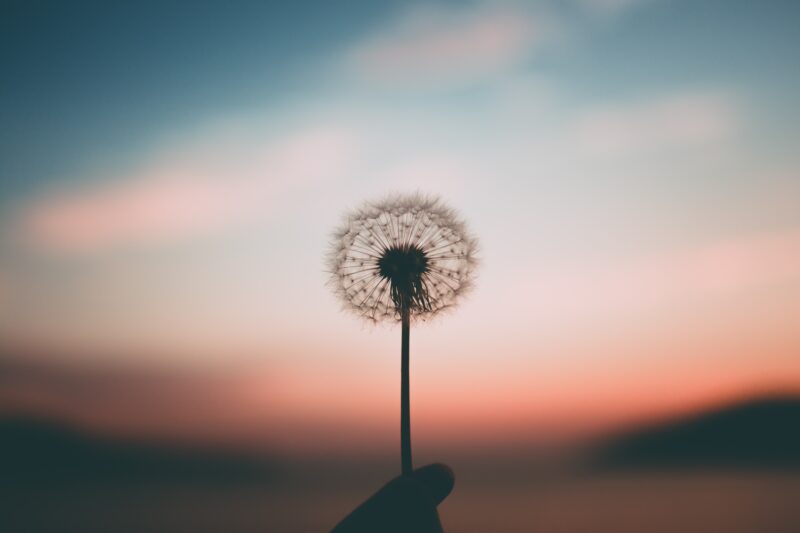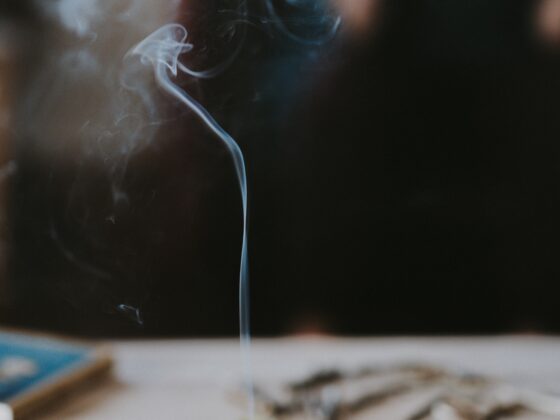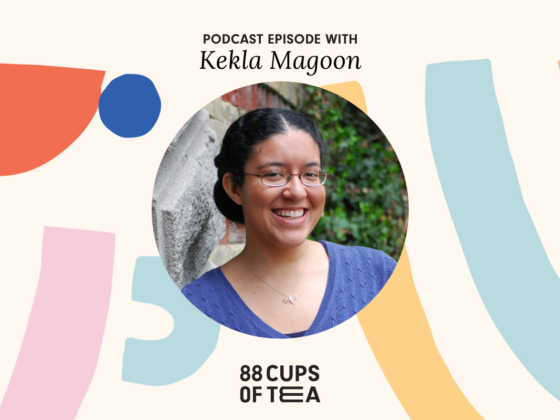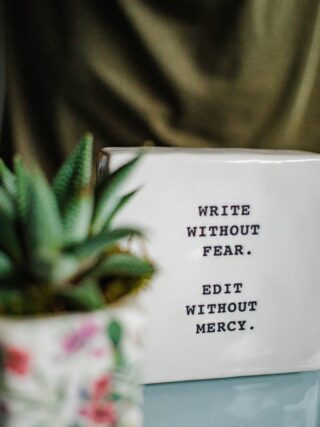88 Cups of Tea presents Essay & Podcast Series: Intimate Stories from Writers in partnership with our friends at VCFA
Does writing sometimes make you feel like you want to step off a high bridge? Yeah, me, too.
I’m joking, and while I reserve the right to, and humor is the grace of God and perhaps what will save us all in the end—I’m also kind of serious.
I’m a YA author, a mother, wife, sister, very recently a grandmother, and a natural nudger. Mental health intrigues me because the human mind is fascinating, and also because I’ve suffered from mental illness in the past, as have some family members. In my case, specifically from suicidality which is why I feel like I can (have to) joke about it. I volunteer on a suicide crisis line and while we’re trained to leave the job behind at shift’s end, I worry about the individuals I talk to who are suffering sometimes unbearable mental pain and despair. Not to mention the alarming increasing rates of suicide among certain population segments like vets and young adults.
And I worry about writers.
Here’s the thing. A massive, study conducted in Sweden* found that artists, and particularly writers—as well as their family members, DO have higher incidences of depression, and anxiety, as well as more serious mental illness like bipolar disorder and schizophrenia. There is truth to the tortured artist stereotype.
Why?
We cannot tell the world’s stories, without being unusually sensitive to the drama and pain around us, as well as to the subtext thereunder. The flaming rotten mess that is human greed, ambition, hatred, anger, and fear, as well as the balm of love, forgiveness, kindness and yes, humor.
We’re born observers, often sitting on the outside, pulled like homing pigeons to the large and small tragedies and injustices of our time. We try to communicate what we see and feel to our brethren/sisteren via creative metaphors and stories.
Our words tell the truth. They inform, persuade, heal, and even transform. Good writing does no less than save the world.
The downside is that we are often affected deeply by what we see and tell. We have to be in order to render it compellingly to others. And we’re not even getting into the insidious stress of the blank page, constant rejections, solitary lifestyles, writers’ plummeting incomes, etc. Writing exacts a price and can affect our mental health, especially if we are at all genetically predisposed.
It’s practically guaranteed though, if we don’t. Take. Care. Of ourselves.
Those of us who do suffer from any mental health issues can usually cope fine and be fully productive with proper self-care.
Baroque painter Peter Paul Rubens (1577-1640) was prolific, and by most accounts a sane, healthy, wildly successful artist, as well as a family man, diplomat, and model Flemish citizen. Even though he was not a writer, I imagine Rubens’ approach to his artistic life as one to emulate.
The Rubens Self-Care Kit
- A healthy writing routine with time built in for “refilling the well.”
- Sleep. It heals most wounds.
- Exercise. It releases tension and heals stuff too.
- Time for loved ones, including fur-covered ones. Yes, we need to be alone, but we also need our people and pets.
- Time for our community. We need each other for commiseration.
- Time outdoors. Walks, Japanese forest baths, picnics. Combine with exercise and double your efficiency.
- Time OFF social media. Use it thoughtfully and sparingly. More and more evidence is confirming that too much of it really adversely affects our mental health. Rubens abstained entirely.
Right, that’s a lot of time. But figure out how long you spent online today and vow to use some of that tomorrow for one of the above.
Our work, our dispositions, and sometimes our wiring can make us more prone to mental illness. But humankind needs our words now more than ever. Developing a solid practice of self-care to balance our lives and our creativity will help us write stories to save the world.
* The Karolinska Institute of Sweden conducted a wide-ranging, long-term study that tracked a registry of psychiatric patients, nearly 1.2 million Swedes and their relatives over decades. They found that writers specifically were 121% more likely to suffer from bipolar disorder. And 2 to 4 times more likely than average to suffer from mood disorders or depression. Finally, we are almost 50% more likely to commit suicide than the general population.
Vermont College of Fine Arts is a global community of artists continuously redefining what it means to be an arts college. It is accredited by the New England Commission on Higher Education (NECHE) and offers the Master of Fine Arts degree in a variety of fields, including Writing, Writing for Children & Young Adults, and Writing & Publishing, along with an International MFA in Creative Writing & Literary Translation. With low-residency and fully residential options, VCFA has the graduate program to fit your needs. Learn more at vcfa.edu.













